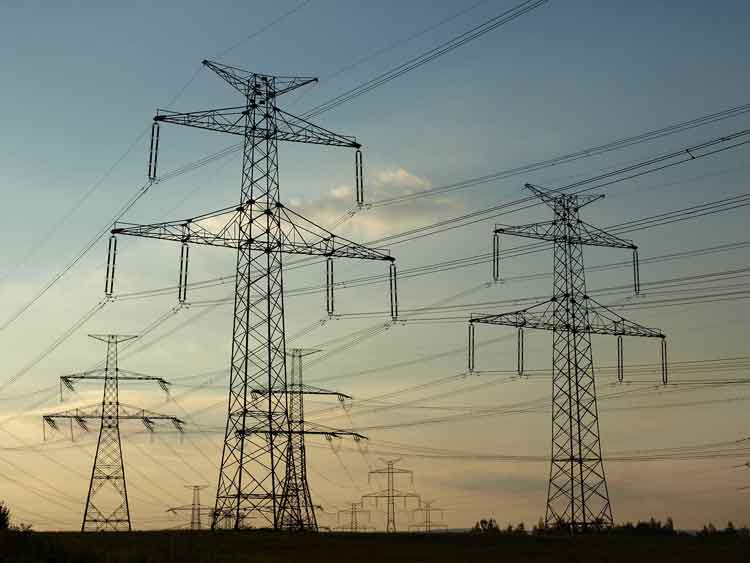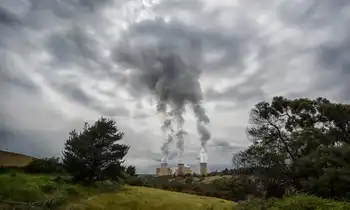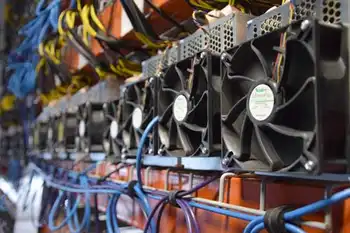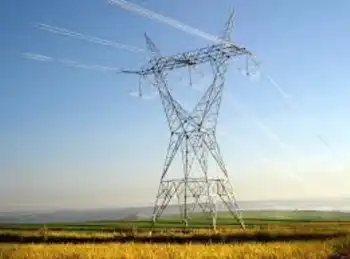California power market tough to crack
- British Columbia should not look to California to support its ambitions to develop a lucrative renewable electricity export industry, a U.S. power market expert said.
Jan Hamrin, secretarygeneral of the Environmental Tracking Network of North America, said California is unlikely to change a policy that disqualifies many B.C. smallhydro projects from access to the state as premiumrate renewable electricity sources.
The Tracking Network is a nonprofit agency funded by the U.S. government to track renewable energy trades across North American grids.
California is expected to maintain rules that do not recognize hydro projects with a production capacity larger than 30 megawatts as renewable power.
Many highprofile independent power projects in B.C. are significantly larger, and thus do not qualify for the premium rates California is prepared to offer for electricity generated from wind, solar or smallscale runofriver hydro. CaliforniaÂ’s own largescale hydro projects are considered to be unfortunate historical artifacts in an arid state.
“There are technologies that are highly charged emotionally in certain places. Hydro is one of them,” Hamrin told a conference organized in Vancouver by the joint public advisory committee of the North American Commission for Environmental Cooperation.
“Californians get very emotional about hydro, partly because of some negative experiences we’ve had within our own state with hydroelectric facilities.
“States and provinces are not generally going to enact policies to encourage development in another state or province or region.
“So if California has most or all of its hydro resources already fully developed from an electricity development standpoint, it is going to be very difficult to encourage California legislators to change the rules in a way that would encourage hydro development in Canada, in British Columbia.”
Paul Wieringa, executive director of the B.C. energy ministry’s electricity and alternative energy division, told the conference that California is not the only potential market for premiumpriced green power that would be developed under B.C.’s forthcoming energy export policy. “That export [policy] doesn’t necessarily mean south of the border,” Wieringa said. “It could certainly mean [selling] to Alberta, which has 80plus per cent coalfired power as I understand it. So I think there will continue to be a lot more development of these kinds of resources within British Columbia whether the California situation comes to fruition or not.”
Lawrence Pitt, associate director for the Pacific Institute for Climate Solutions, which represents all four of B.C.Â’s major public universities, said climate change trends appear to favour relatively drier weather in the western Pacific states, and a higher volume of precipitation in this province. That trend, he said, could elevate British ColumbiaÂ’s role on the western grid, provided environmental regulations donÂ’t complicate the situation.
Gwen Barlee, policy director for the Western Canada Wilderness Committee, challenged the notion that small hydro projects meet environmental standards that her group and its members would consider adequate.
“There is over 150 creeks and rivers that are staked in the Sea to Sky corridor, there is over 200 on the Sunshine Coast, and the government doesn’t look at the cumulative impacts of these projects on the land base. That is why there is such an extremely high degree of concern in B.C. about this gold rush to stake our rivers and creeks,” Barlee said.
Related News
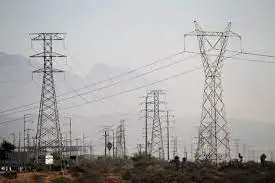
Overturning statewide vote, Maine court energizes Hydro-Quebec's bid to export power
BANGOR - Maine's highest court on Tuesday breathed new life into a $1-billion US transmission line that aims to serve as conduit for Canadian hydropower, ruling that a statewide vote rebuking the project was unconstitutional.
The Supreme Judicial Court ruled that the retroactive nature of the referendum last year violated the project developer's constitutional rights, sending it back to a lower court for further proceedings.
The court did not rule in a separate case that focuses on a lease for a 1.6-kilometre portion of the proposed power line that crosses state land.
Central Maine Power's parent company and Hydro-Québec teamed up on the…

